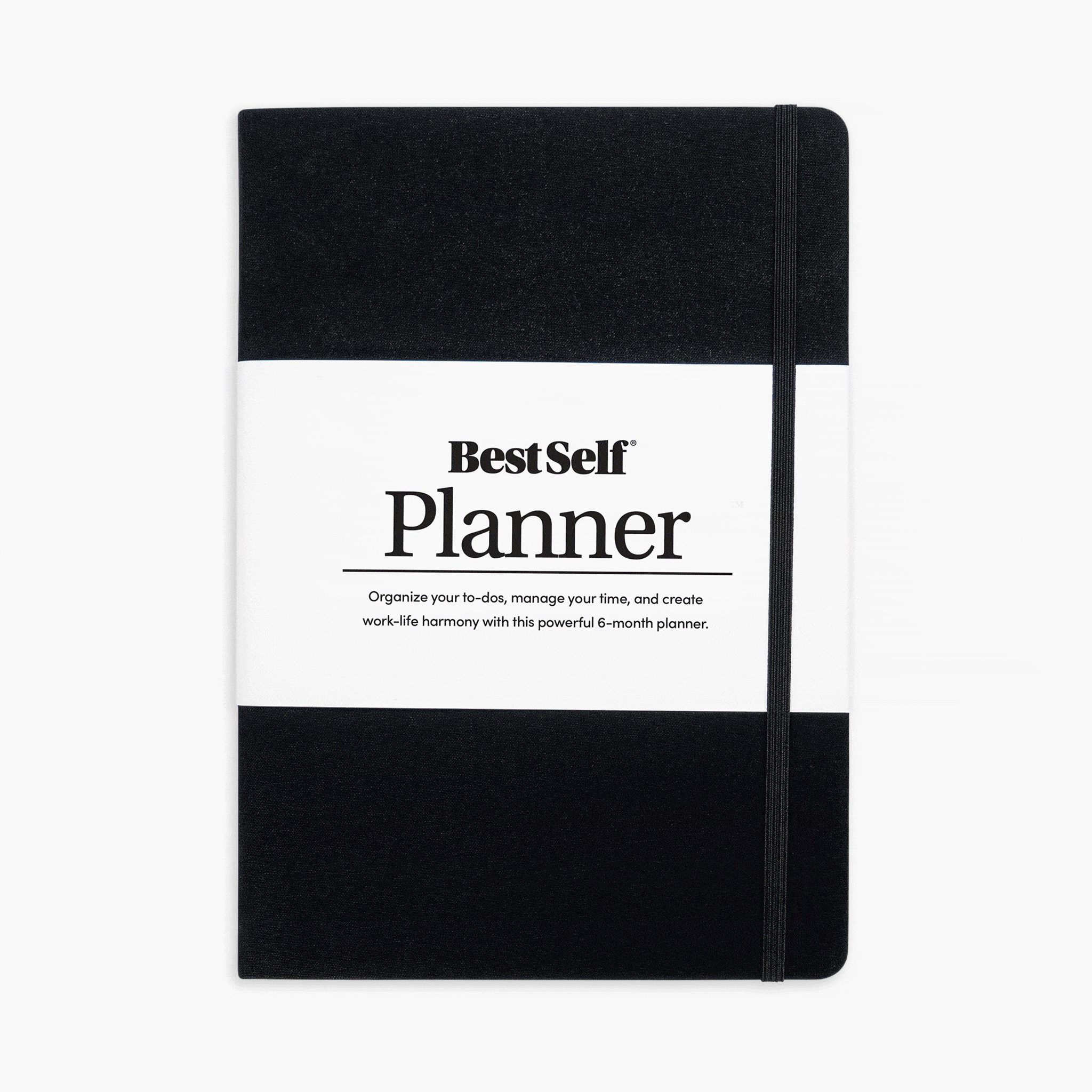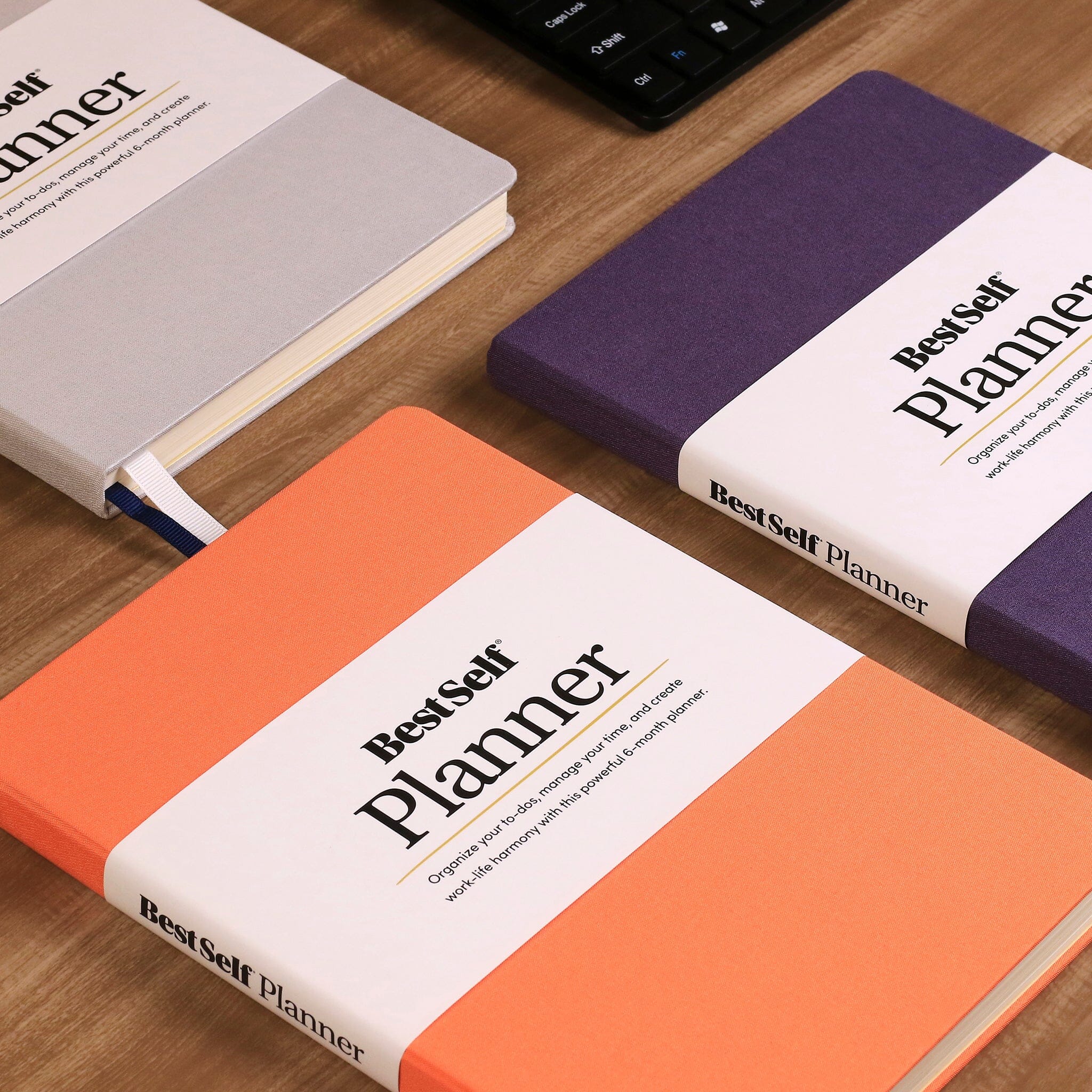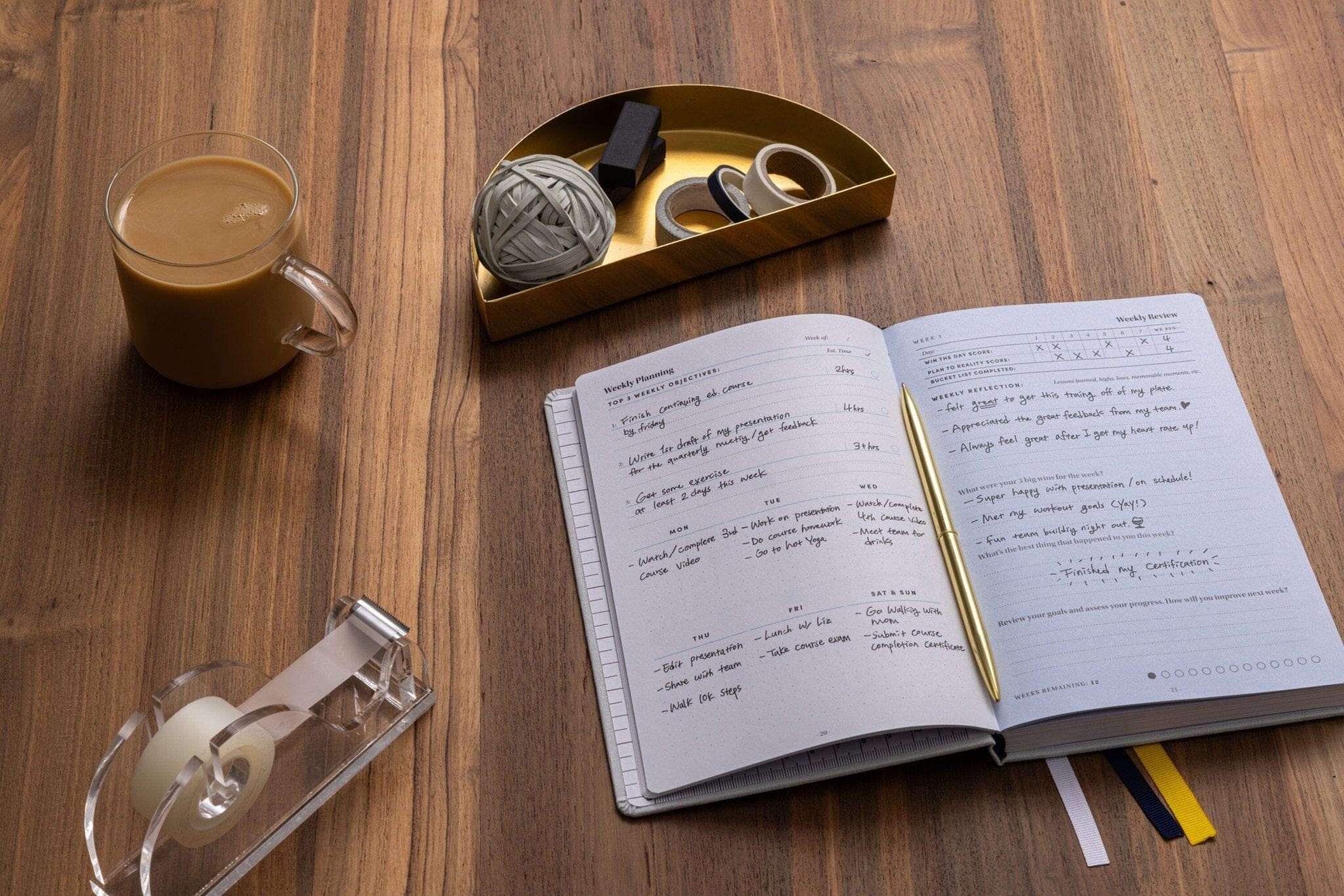Cathryn (00:01):
All right, you've made it. This is the last chapter. So give yourself a huge pat on the back for getting to the 13th week of the Relationship Journal. We are so proud of you. And this last week, you're going to be doing something super important. You're going to be working on your core values and what your core values as a relationship are. You see, we have individual core values, even if you haven't defined them yet. These are the guiding principles that you're making decisions based off of, even if you don't know what they are yet. And when two people come together, your relationship takes on values as well. So this week you're going to define these so that you have something in writing that you can look at. Much like last week's exercise, defining your core values, gives you direction, a north star to help guide your relationship. You'll also be working on a renewed commitment to each other, and what it is that you want in your future. We hope that these last 13 weeks have been life-changing and that you already see the huge difference that you've had, knowing your partner and planning your life together. Okay. Let's jump in and finish strong.
Cathryn (01:09):
So as we wrap up with week 13, you've made it this far and we want to finish off with looking at our values, making sure there's synergy there. I'm really just wrapping up some of the communication challenges that we might still be facing by getting on the same page, as far as our values go. So, Rachel, why is it important to understand our partner's and our own values?
Rachel (01:33):
Well, our values inform almost everything, right? Or our values, I like to think of as like the foundation for all of our thoughts and feelings, and then our thoughts and feelings are what dictates our behavior. And so our values, what we value comes out in so many different ways. And so understanding what your partner values is so beyond important. An example that comes to mind right away is a couple client that I saw when I was working in private practice in San Francisco. And he valued freedom more than anything based on the way that he was brought up and his partner valued, like not the opposite of freedom, not like being controlled, but his partner valued monotony. And it was a...it was a very challenging, thing because they butt heads in the ways that that manifested. Acknowledging though that the difference was in the value system and, and those thoughts and not in what they actually wanted really helped. And then they got to understand each other more and how that value came to be and why it was important to them, all that yummy stuff. So it's not a horrible thing if they're not in alignment, it's also really important to understand what they are and why.
Cathryn (03:07):
Yeah. I think your values are like a compass that you always have. You just don't know...if you don't know what your values are, you don't know the direction they're pulling you in. And you often, it's like when you make a decision and you're like, it feels off and you don't know why, and when you know your values, you're like, oh, that it's because they aligned with that. And when I look back on my life and see the things that I had a bad gut feeling about at the time, I just didn't know why. And when I look back it's because it went against something that I valued that I just didn't know. And I think just one of the most important things for me has been understanding my values and my partner's values so that you can almost look back in time, like a time machine, be like, "Oh, that's why we weren't aligning on that thing."
Cathryn (04:01):
I actually have a story around that. So we have the core value deck. So if you haven't seen that, the core value deck is a product around finding your values through this exercise and then understanding how they show up for you. And with my wife and I, when we first met, I, one of my values is integrity. And one of her values is authenticity. We didn't know that at the time, but whenever we first met, I wasn't out publicly. So that caused some issues with us. And then she didn't feel safe because she's like, I don't know if this person's for real, because she's not publicly out yet. And so she's sort of like pulling back and at the time I'm seeing her do things that I feel is out of integrity because she's not feeling safe and I'm not feeling safe. And so we had this, uh, we actually broke up for a little bit and, you know, years later after we got back together, years later, we're doing this core value exercise. And once we understood, we're able to look back and say, oh, we were actually just going with our values. But at the time there was just some, uh, some clashing. And when you know that you can look back and say, oh, that makes sense.
Rachel (05:18):
Yes. That is such a great story! Such a great story and such a great example of how it can look like it's just a yucky like, oh, I guess we're just not a good fit. And that's not at all what was going on. I mean, look at you now.
Cathryn (05:36):
I know it's crazy! But it, it took understanding that later, like we figured it out in the meantime, and then now it's like, oh, once I, once we did this exercise together, then we were able to look back at different things. Or, you know, when I'm not feeling aligned in work, it's, you know, one of my other core values is curiosity. And if I'm doing the same mundane things all the time, I'm exhausted and I'm not enjoying myself because I'm not able to like, you know, tinker and do different things. So it's really important if you're feeling in a rut or you're feeling like just stuck a lot of times, it's because we're doing things in the day-to-day that go against our values. And that can cause issues. Like I just showed in our relationship and our life in our like personal happiness scale.
Rachel (06:22):
Yeah. It shows up in our mental health too. You know, you do something that's out of alignment with what you value for long enough, and that dissonance can create anxiety. It can create depression, you know, or symptoms of those things. Like you're describing kind of like this apathy. Like, cool. I'm going to go do this again today. Great. You know, and nobody wants to feel that.
Cathryn (06:46):
Yeah. And so what you just mentioned, one example of when your values are mismatched, do you have any other examples of that and how can couples navigate this challenge so that they come out stronger, even if they have opposing values.
Rachel (07:04):
So the key here is, is to put on your curiosity hat. And similar to the love languages, it's about understanding how the other person experiences these values. So it's not for us to sit back and say, well, I, I can't believe you value money. How, how could you, right? Like it's, it's not for us to sit back and pass judgment. It's for us to sit back and say, okay, I hear you expressing that you value money. That that's one of your core values is money. Can you share more about that? Because then you're going to start to hear what makes your partner, your partner. And like you said, Cathryn, our values drive our behavior so much, or give us feelings in reaction to our own behaviors so much that they're really important to, to understand. And the more that we can understand them and our partner, we may understand their decisions more.
Rachel (08:09):
So if we do understand using the money example that this person values money for whatever reason, then if they make a choice that you may be...wouldn't have made yourself, you're not going to be so shocked, right. Because you know what they value. So you can sit back and say, well, I probably wouldn't have made that exact decision. Through their lens of valuing that first, that makes a lot of sense. Okay. Yeah. You know, it, it, it gives you, it gives you more context. All of this, every single week of this gives you more and more and more context for your partner and your partner's world. And having that is priceless.
Cathryn (08:56):
Yeah. I also think you have to look at values...So there's a lot of different values that can mean the same thing just to different people. So whenever I was doing this exercise, for the first time I did it with this friend, Jay and he, and he was like, "Oh, it's funny that one of yours is curiosity. I thought it'd be creativity." And I said, well, actually curiosity drives creativity. And it drives a lot of different things. So it can mean multiple things. And just like, if someone's core value is money, it actually might be that they grew up without money and some money means stability for them. And so it's stability and the ability to support, that it means. And you might have grown up thinking, you know, rich people are evil and have this aversion to it. And so you're with someone and their value is money. And then you have this, like this visceral reaction because of your patterns. So you have patterns and they have patterns. And I think it's important to understand where these values might come from. And don't just take it out this value. So, because it could mean so many things.
Rachel (10:01):
And what the meaning is, you know, the Gottman's have this concept called shared meaning. And it's exactly that! It's, that we could be having a conversation about money, but we're really talking about two different things. Like I'm talking about security of feeling safe and not living under a bridge. And like you're talking about, you know, something else. It's just, we just need to understand and get on the same page as to what they mean.
Cathryn (10:28):
Yeah. Another exercise within the Relationship Journal is writing vows to each other and sort of promises to recommit to this new, you know, you've pretty much through these exercises have gotten to know each other more. You might've changed the way you communicate, you know, changed the things that you're doing in your spare time so much. And so why do you feel that writing these vows is such an important part of this, you know, and of this relationship journal journey,
Rachel (11:01):
Relationship journal journey. Writing things down, it solidifies it. It puts it on paper, it's something that you can look at and read. You know, we can get into like the psychology of journaling and writing and all of that, but really all that's important here is that you've gone through an incredible journey. And these recommitments, these promises are based on this new version of you after these weeks. And you get to recommit as you now with these new tools. You know, maybe you didn't realize that you had a toolkit to use. And so one of your new promises is like, I promise to use the tools that we have whenever I can. And maybe that didn't exist before you started this. So take some time and write them down. And if you're a total nerd like me, you can get them laminated and like framed on your wall and look at them all the time and let them help guide you to be the partner that you want to be.
Cathryn (12:06):
Yeah. And I also...now that, you know, we're pretty much wrapping up the journal and the journal exercises, how would you advise, you know, you finished these activities, how do you integrate this in to your life moving forward? So that it's not just something that you did over 13 weeks, it's something that is now changed the way you're living your day-to-day life as a couple together?
Rachel (12:33):
You know, my hope is by now that anyone watching this has implemented at least one new habit based on the homework or suggestions that we gave. And so my suggestion would be take whatever you've already implemented and do that for like two more weeks. Like flex the muscle of doing what you already committed to for two more weeks. And if you haven't yet, pick one thing and do it for two weeks and then schedule time on your calendar to reassess and talk about the time since the journal, right? Just like you would in business, right? If you did something you'd want to have a follow-up meeting a couple of weeks later to see like, "Cool, what went well, what can we do better? What do you want to change for next time?" These are things that we can do with our partners. So that would be my suggestion is to really take those baby steps and set those containers for check-in along the way.
Cathryn (13:33):
Yeah. So as you've been going through, you've done your weekly check-ins. So even though the exercise portion of this is over, it would be great if you continued to do this check-in so that you don't fall off the wagon on this, and you don't fall into maybe old habits. If you keep doing this, you're more likely to integrate a lot of the things that you learned here today. And it just a good way to stay on the same page with your partner, because this is all a new habit that we're trying to form.
Rachel (14:02):
It's true. And it's hard. It is not an easy thing to create a new habit and it's worth it. You know, it's, it's so worth it. And you know that cause you're here. So you, yeah. You know that.
Cathryn (14:20):
Yeah. Thank you so much for being here for giving your expertise on this. It's been really great to sort of pick your brain and share your expertise with our audience.
Rachel (14:31):
Thank you. Thank you for having me. And if anybody has any questions or whatever, wants to reach out, I'm here.
Cathryn (14:39):
Okay. It's time to move into your last exercise. Once you've defined your core values, you want to look for ways to keep them top of mind. It's one thing, you know, to have values written down somewhere, you know, in a book or something, but it's so much more when you can integrate them into your life. That's actually when they have value, when you decide to integrate them and do them every single day. There's one more module after this video and these are a few reflection exercises in your journal, so that you can understand what you've been through over the last 13 weeks. So make sure that you come back to complete that final module. Here at Best Self, we are super proud that you've taken this journey with us and that you've made a commitment to your relationship. And we hope it's going to get so much brighter from here.














